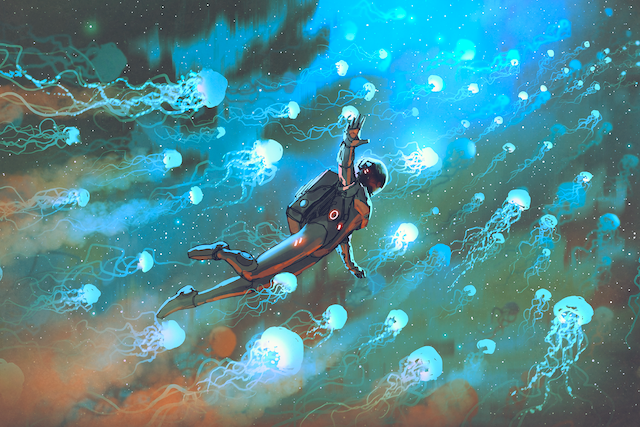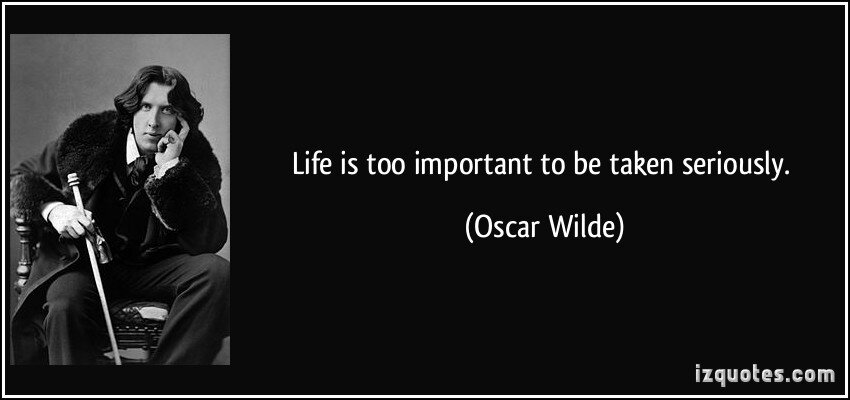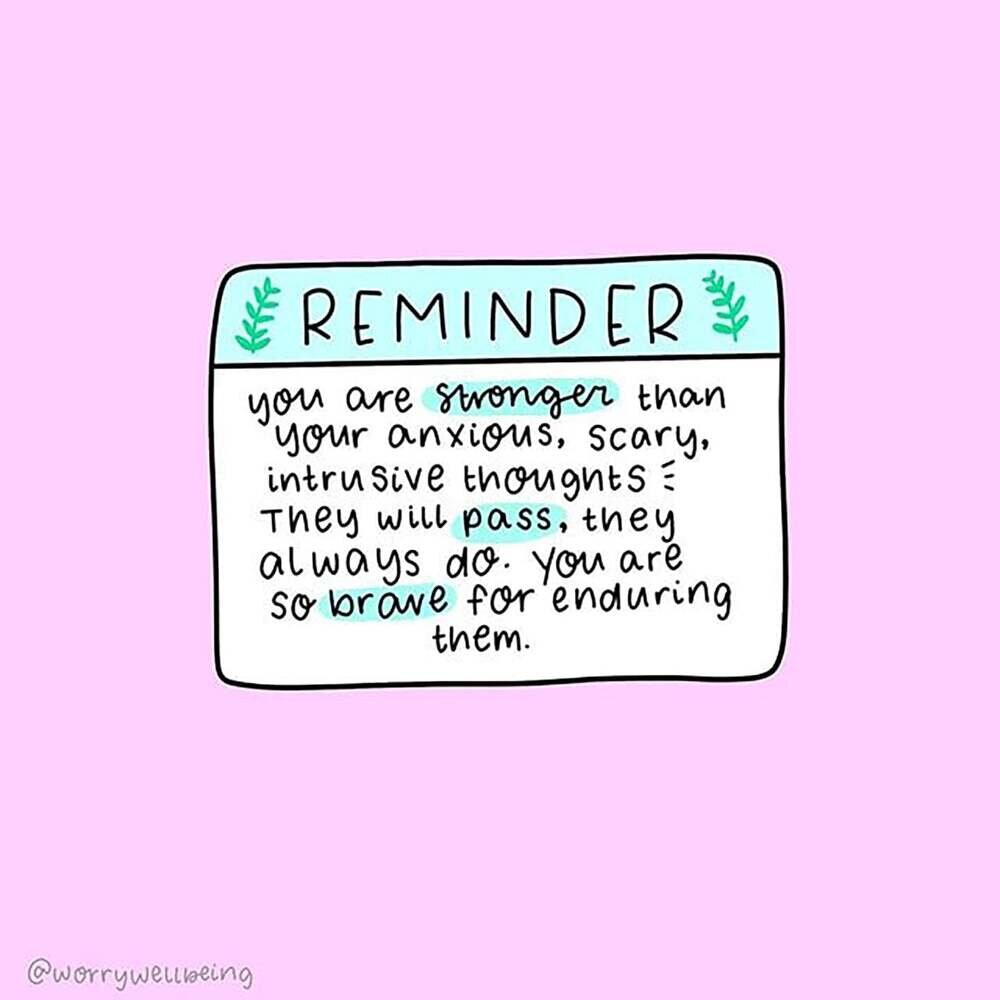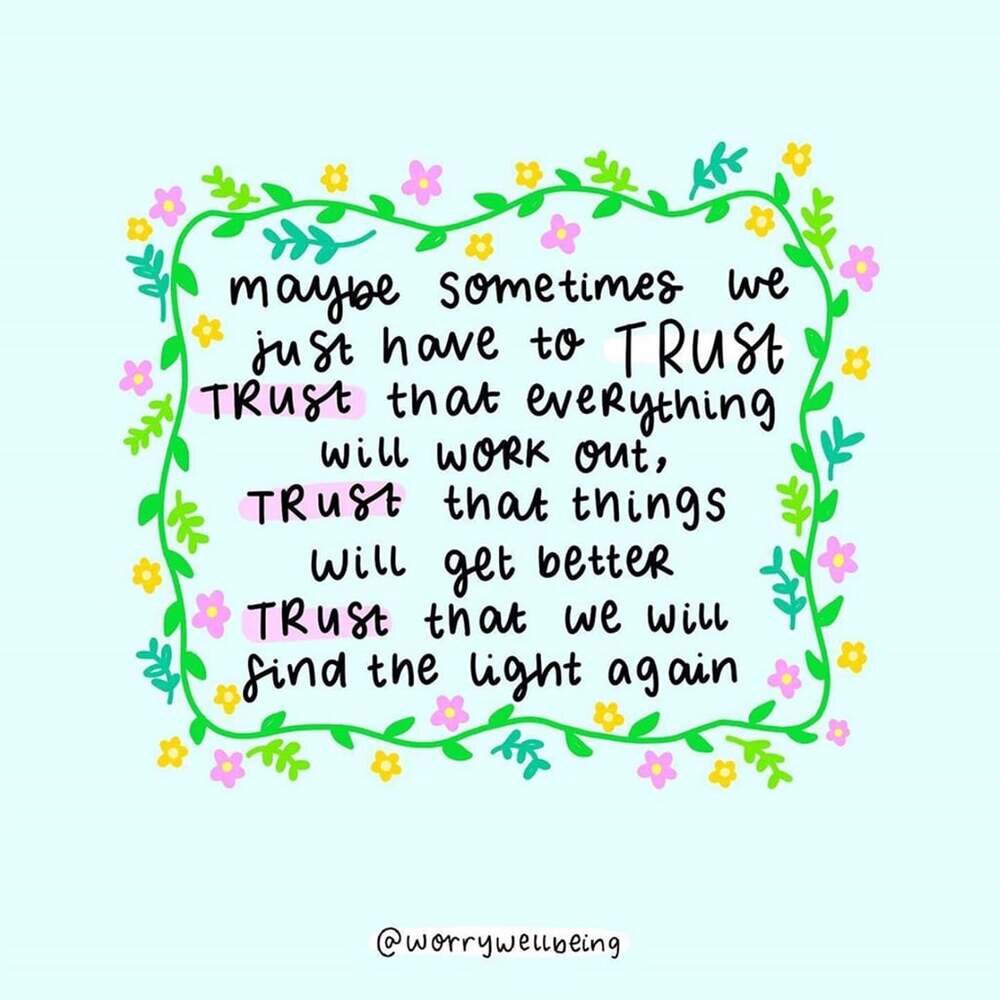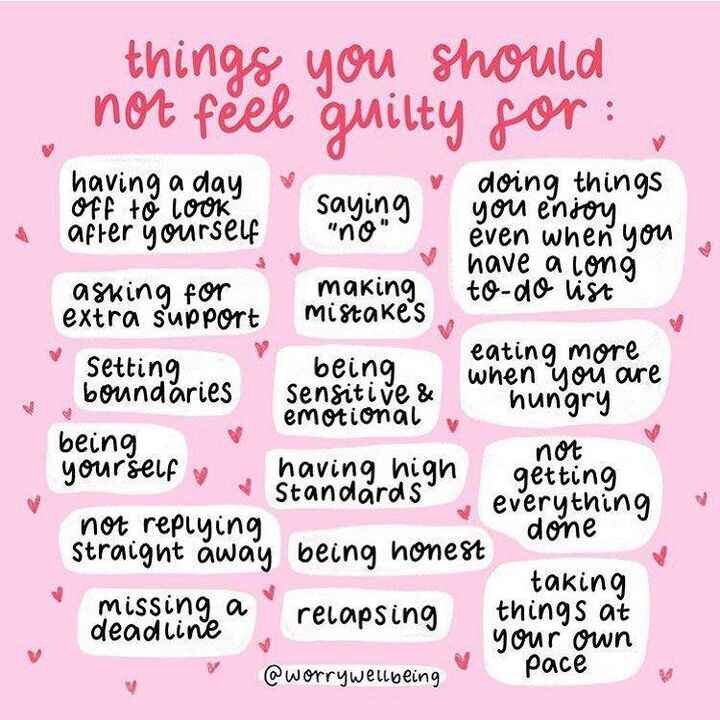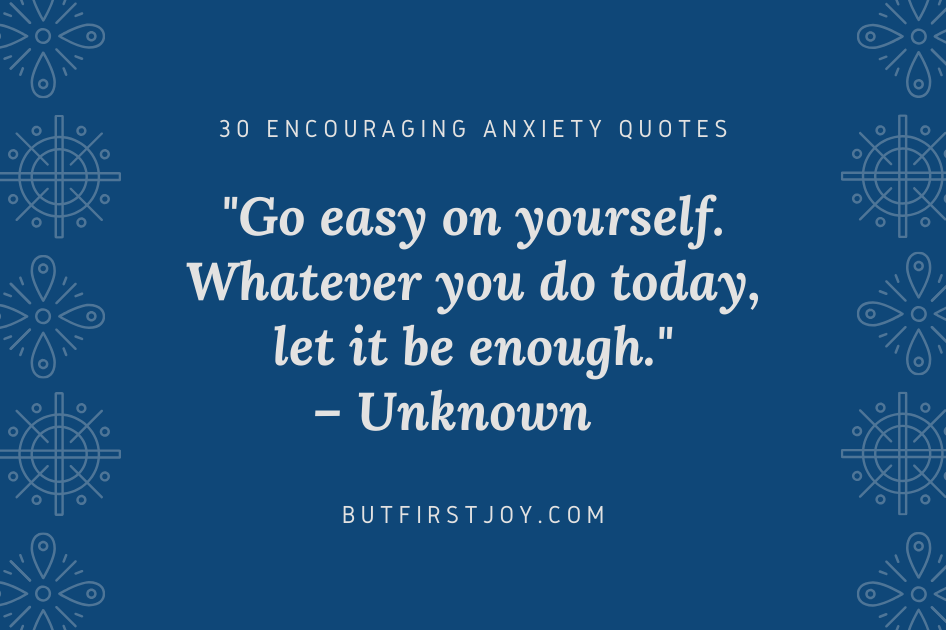Metacognitive Therapy for Anxiety and Depression
The excerpts below are from the first chapter :acrobat: of Metacognitive Therapy for Anxiety and Depression by Adrian Wells. Copyright ? 2009, Guilford Publications. METACOGNITIVE THERAPY FOR ANXIETY AND DEPRESSION Thoughts don’t matter but your response to them does. Everyone has negative...
forum.psychlinks.ca
On the surface these beliefs may seem reasonable. However, in order to show their erroneous and distorted nature, they are repeated below with some useful questions...
“If I worry I will be prepared.”
Is it possible to be prepared without worrying? Is it possible to worry about everything that could happen? Does worry give a balanced view of the future or a biased one?
“Focusing on danger will keep me safe.”
How do you know which danger to focus on? Is it the danger you see or the one you don’t see that will catch you out? Could focusing on danger make you less safe because you forget the usual things?
“I must remember everything and then I’ll know if I’m to blame.”
Is it possible to remember everything? How will knowing if you’re to blame help you feel better and move on? Can you move on without blaming yourself?
“If I analyze why I feel this way I’ll find answers.”
How long have you been doing this? How much longer will it take? What if the answer is stopping your analysis? What if there is no answer other than changing the way you think?
“I must control my thoughts.”
How do you know which ones to control? Is it possible to control all of your thoughts? Could controlling your thoughts stop you from finding out the truth about them?



